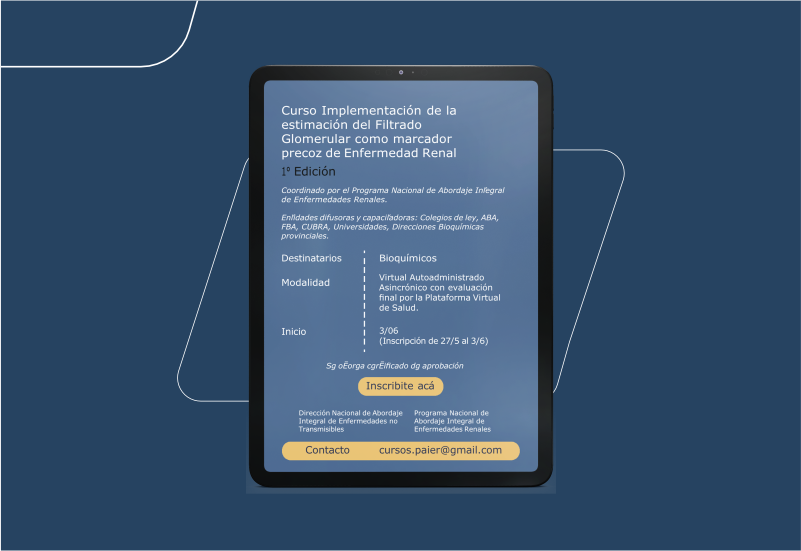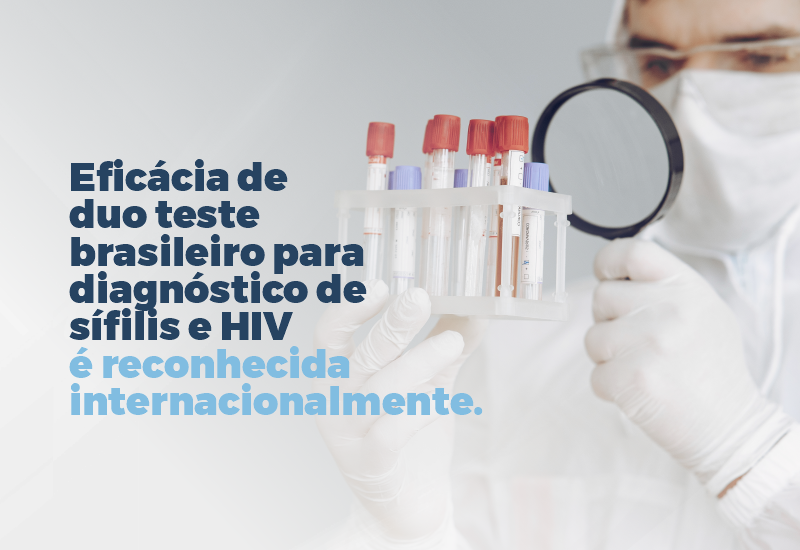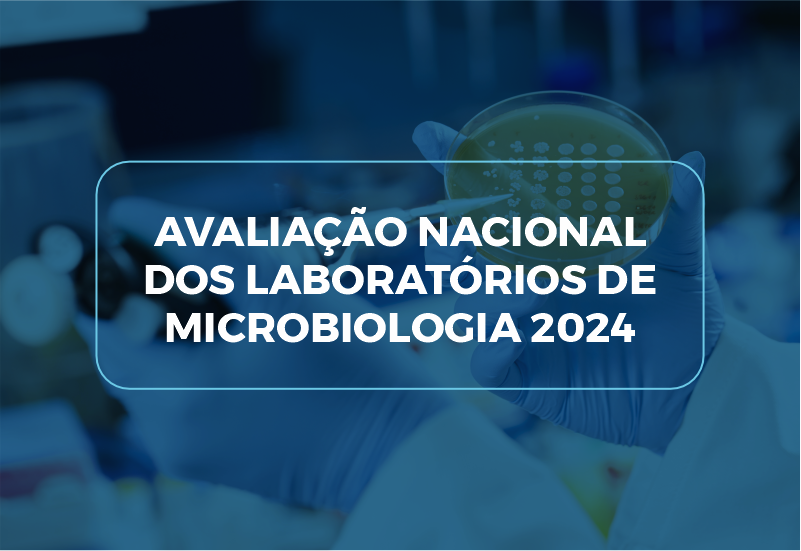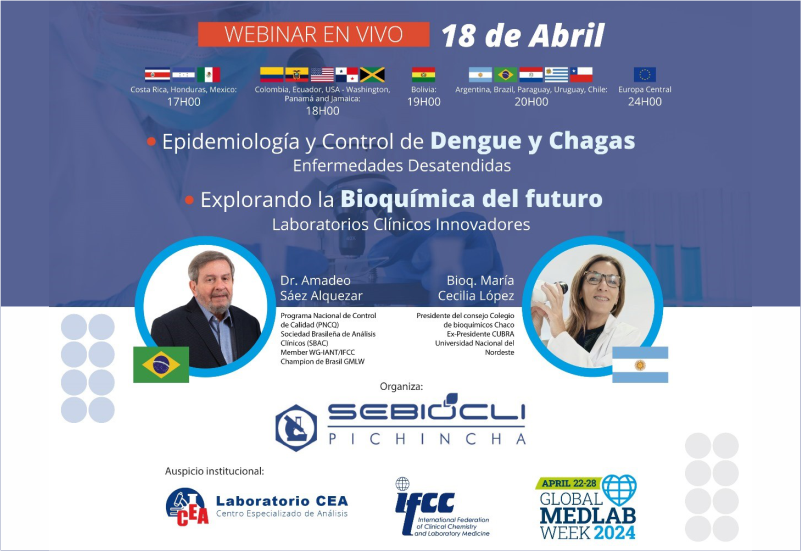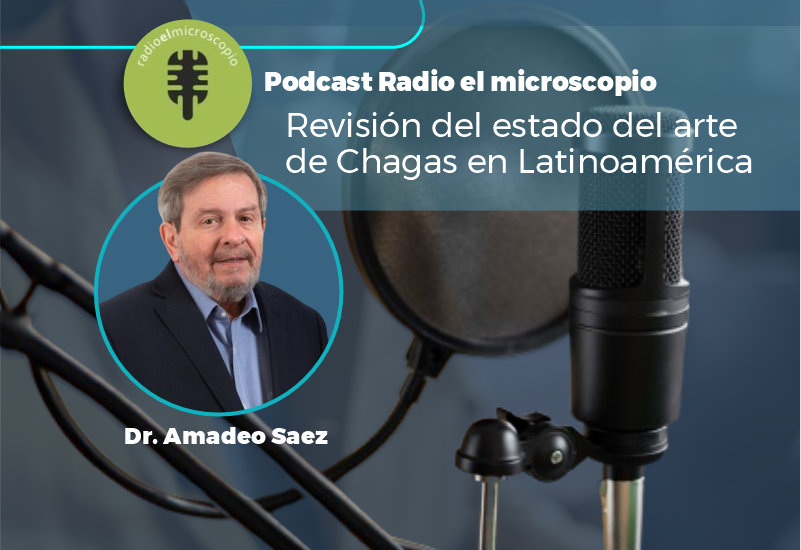Exame de sangue com imunobiomarcador para detecção do câncer
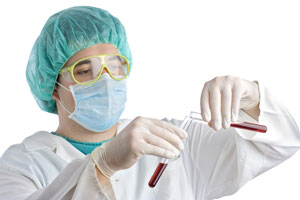
Um novo teste foi desenvolvido para auxiliar na detecção de câncer com até cinco anos de precocidade em relação aos métodos de diagnóstico realizados atualmente, como a mamografia e a tomografia computadorizada. Médicos saberão do resultado dos exames de seus pacientes em sete dias depois de enviarem a amostra de sangue para a companhia de biotecnologia que desenvolveu o novo exame.
A Oncimmune, uma empresa ligada à Universidade de Nottinham, no Reino Unido, foi quem elaborou a nova técnica que replica as proteínas do câncer que desencadeiam as respostas do corpo relacionadas à doença, assim como a análise robótica para medir e analisar essas informações.
Essa nova técnica, que envolve a tecnologia de imunobiomarcadores, proporciona um avanço significativo na rapidez com que o câncer é detectado no organismo e deve provocar uma mudança no paradigma atual de diagnóstico e tratamento par a maioria de cânceres, como os de pulmão, mama, ovário, cólon e próstata.
——————————–
Integra da mátéria
Immunobiomarker Blood Test Developed for Early Detection of Cancer
By Labmedica International staff writers
Posted on 24 Jun 2010
A groundbreaking blood test has been developed that should help in the detection of cancer as much as five years earlier than current testing methods such as mammography and computed tomography (CT) scans. Physicians will know the result of their patient???s test within one week of sending in a blood sample to the biotech company that devised the test.
Oncimmune, Ltd. (Nottingham, UK), a University of Nottingham spin-out company, has developed a new technique, which replicates the cancer proteins that trigger the body???s response to the disease and robotic technology to measure this response. This new technique, which involves immunobiomarker technology, provides a significant advance in how early a cancer may be detected and is likely to change the current paradigm of diagnosis and treatment for most solid cancers such as lung, breast, ovarian, colon, and prostate.
Based on the early work of John Robertson, a world-renowned breast cancer specialist and professor of surgery in The University of Nottingham???s faculty of medicine and health sciences, Oncimmune has successfully transferred this science into a reproducible commercial test. The test for lung cancer, EarlyCDT-Lung will be launched nationally in the United States in May 2010, followed by a launch in the United Kingdom early next year.
Geoffrey Hamilton-Fairley, executive chairman of Oncimmune, said, ???We believe this test, along with the others we will launch in the next few years, will lead to a better prognosis for a significant number of cancer sufferers.???
Early research results were derived using blood samples from patients with breast cancer and a group of high-risk women attending for annual mammography, which Prof. Robertson had prospectively collected in Nottingham. All samples were obtained with fully informed consent as part of a study, which had received approval from the appropriate ethics committee. In addition to identifying the signal in the blood of a percentage of women when they developed breast cancer, the results also showed that the signal could be detected in some of the high-risk patients who had given blood samples for a number of years during their yearly check up and before they were subsequently diagnosed with cancer.
When these samples were run retrospectively by Prof. Robertson, he demonstrated that the prototype assay test could have detected over half of these cancers up to four years before they were actually diagnosed. The research on lung cancer followed through a European Union grant, which involved both The University of Nottingham and Oncimmune in collaboration with a number of European partners.
A study involving researchers at the Mayo Clinic (Rochester, MN, USA) recorded similar results using blood samples from a study of CT scans to screen for lung cancer where antibodies were detected up to five years before the lung cancers were diagnosed. A number of other academic centers have reported similar results.
Oncimmune commercializes the technology developed in the laboratories of Prof. Robertson. In 2006, the company set up a North American operation to validate and scale-up the test, trialing it on more than eight million assay wells from 80,000 patient samples. The first early cancer detection test (EarlyCDT) to launch will be the test for lung cancer (EarlyCDT-Lung), which has the potential to detect the early stages of lung cancer possibly up to five years before a tumor appears. The targets for this test are high-risk individuals such as long-term smokers and ex-smokers between the ages of 40 and 75. Moreover, the test would be appropriate for people who have been exposed to other risk factors associated with the disease, for instance, environmental exposures such as radon, asbestos, and extensive exposure to secondary smoke.
Using the technology developed by Oncimmune there is, for the first time, an effective platform available for testing the autoimmune response to cancer and further research will allow validation of the test in other tumor areas such as lung, colon, and ovarian cancer.
To support this, the University will establish a Center of Excellence for Autoimmunity in Cancer (CEAC) with Prof. Robertson as the director of research. The new center will foster collaborative research to speed up the delivery of an autoantibody blood test for different types of cancer for clinical use; encourage other research in the area of autoimmunity in cancer; and continue the search for support technologies that have the potential to enhance the medical prognosis following a positive test result.
Prof. David Greenaway, vice-chancellor of the University of Nottingham, said, ???The establishment of CEAC will provide state-of-the-art technologies to continue world leading research and development in the early detection of cancer using autoantibodies. The new center will house a multidisciplinary research team working in partnership with international collaborators and Oncimmune. The research will provide additional test systems for the early diagnosis of a wide range of cancers, which will have considerable impact within clinical medicine. The group???s discovery science, which has led to a novel set of biomarkers, is providing new insights into the biology of cancer. Their basic translational and clinical research is likely to contribute to a positive paradigm shift in our understanding of the early phases of cancer cell development as well as enhancement of the medical management of a wide range of cancer types.???
Initially the test will be offered via primary care physicians and pulmonologists in the United States for high-risk asymptomatic patients as well as patients who have indeterminate lung nodules.






